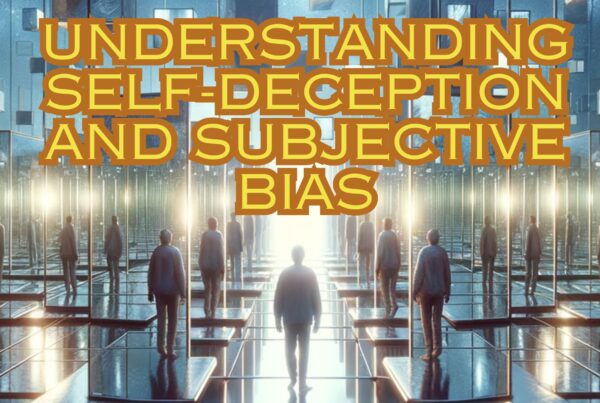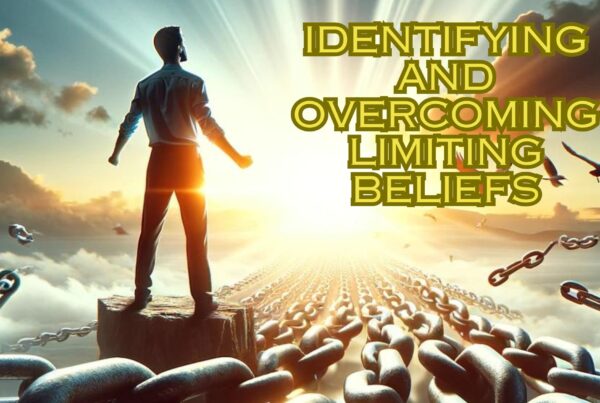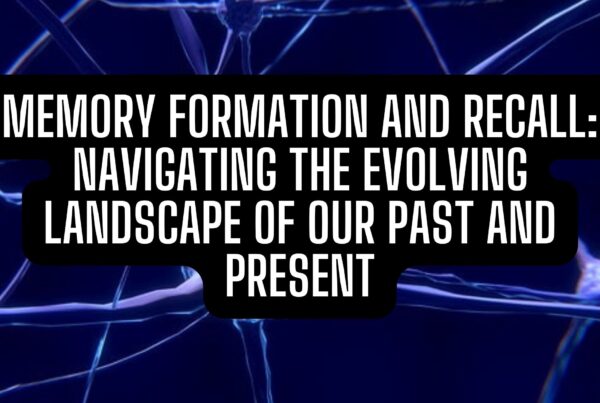Understanding Gaslighting: A Deep Dive into Psychological Manipulation
The term 'Gaslighting' is used commonly nowadays. Yet many may not be aware of when they're being impacted by it. This blog offers an understanding of gaslighting as a deep dive, looking at where the term comes from and recognising how it manifests.
Origin of the Term "Gaslighting"
People often use the term "gaslighting" in modern conversations to describe manipulative behaviors that make someone question their reality. This term originates from the 1944 film "Gaslight." In this movie, Gregory, Paula's husband, manipulates her into believing she's losing her sanity. The film's title and central plot revolve around Gregory adjusting the house's gaslights, making Paula doubt her perceptions.
As depicted in the movie, gaslighting makes someone question their reality deliberately. Over time, people have expanded the term's use to describe various manipulative behaviors that make someone doubt their memories, perceptions, or sanity.
Manifestations of Gaslighting
Gaslighting isn't a new concept. From ancient myths like Cassandra, cursed to predict true events that no one believed, to modern pop culture references like "The Truman Show" or Shaggy's song "It Wasn't Me," we can see the essence of gaslighting. At its core, gaslighting erodes a person's sense of self and reality.
Not all perpetrators intentionally gaslight. Some might not even realize they're doing it. However, many use it as a tool for power and control. They deny the victim's experiences, escalate situations, trivialize the victim's feelings, and counter their memories with alternate versions of events.
Gaslighting in Today's Context
The term "gaslighting" has resurfaced in daily conversations, mainly due to the broader societal focus on various forms of abuse, especially against women. As society expands its understanding of abuse, it acknowledges psychological manipulation techniques like gaslighting more.
Organizations like the Domestic Violence Resource Centre of Victoria and Safe Steps recognize gaslighting as an abusive technique. This term also challenges stereotypes like the "crazy ex-girlfriend" or the "hysterical woman." Instead of questioning the woman's sanity, it examines the motivations of the accuser.
Public Figures and Gaslighting
The term "gaslighting" isn't exclusive to personal relationships. People have used it to describe the behaviors of public figures, most notably US President Donald Trump. Critics have accused him of trying to manipulate public perception and make people doubt their reality.
However, understanding the context remains crucial. While people can apply the term broadly, its original intent was to describe more intimate, controlling behaviors that are challenging to escape.
The Importance of Recognizing Gaslighting
The increasing use of the term "gaslighting" stands as a positive sign. It indicates society's deeper understanding of abuse and its various manifestations. Recognizing and understanding gaslighting serves as the first step towards addressing and combating this form of psychological manipulation.
Book Your FREE Half Hour Consultation With Release Hypnosis NOW!
You may also like to read:
Breaking Addiction Through Counselling and Hypnosis
The Truth About Hypnotherapy and Smoking Cessation
Facts About Habits That Might Surprise You
What Does That Smoking Habit Want For You








